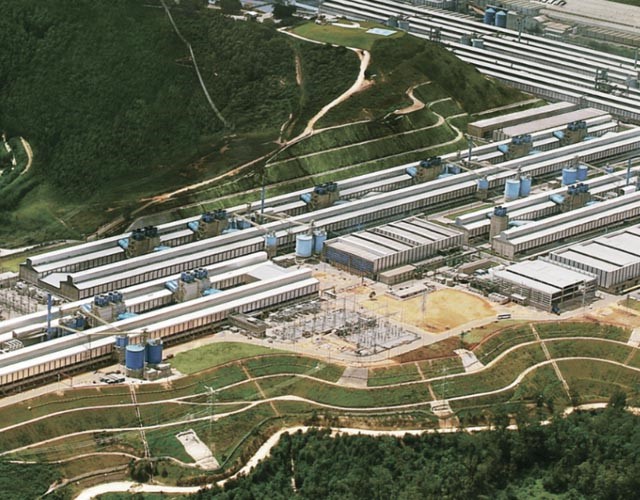

As showed by Brazil’s national aluminium association Abal’s figures, Brazil produced 48,800 tonnes of primary aluminium in November 2018. It is the lowest aluminium production recorded in 2018.
November aluminium output was 26.70% lower Year on Year than the 66,600 tonnes produced in November 2017 and 3.40% less than the 50,500 tonnes of primary aluminium in October 2018. Monthly production in 2018 has been constantly lower in comparison with 2017, since April, when Albras, owned by Hydro reduced operations to 50% capacity. It was due to an environmental issues regarding a leakage from the bauxite residue plant in the Alunorte alumina refinery, which led to a forced operational curtailment by 50% in the refinery.
{alcircleadd}
Albras, one of only two primary aluminium producer-suppliers in Brazil, is 51% owned by Norway’s Norsk Hydro, which also owns the Alunorte refinery. The other smelter is Votorantim’s CBA, operated by Companhia Brasileira de Aluminio (CBA), the largest aluminium producer in Brazil having a total annual production of around 480,000 tonnes.
As per Hydro’s report, production of primary aluminium in Q3 2018 was at 497,000 tonnes compared to 527,000 tonnes in Q3 2017, marking a decline by 6 per cent. In the first nine months of 2018, Hydro produced 1.503 million tonnes of primary aluminium while in the same period last year the company reportedly churned 1.566 million tonnes. The fall in Hydro’s production was driven by 50% production curtailment of the Albras smelter in Brazil.



Responses






